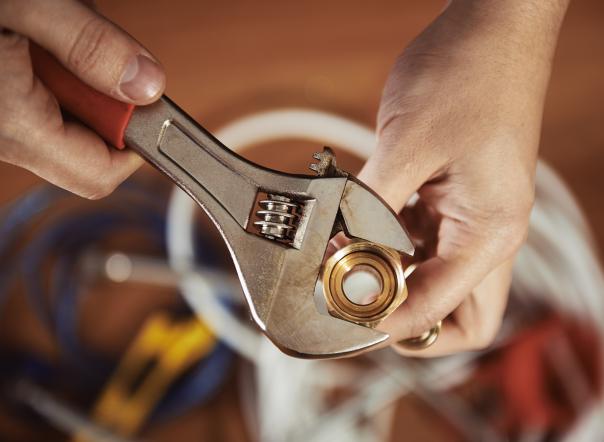
When BRITA Professional did some research into the challenges facing both education and hospitality caterers, it revealed the huge impact on operators not only of rising food and fuel costs, but also labour and ingredient shortages, lack of funding and undelivered or late orders.
This situation has resulted in caterers struggling to maintain margins due to rising food and fuel prices along with increased operating costs, with both hospitality and education caterers seeing price increases of up to 30% across items and services over the last year. So, what can we do to save costs where possible?
Preventative maintenance
Preventative maintenance is not only central to a smooth operation, but also to cutting costs in the long term.
The costs associated with repairing or replacing equipment can have a huge impact on businesses with already tight budgets, not to mention the stress associated with equipment breakdowns which our research showed was one of the biggest challenges (37%) when overseeing kitchen equipment.
Even if your equipment is brand new, investing in preventative maintenance is key to maximising its longevity and reducing the chance of breakdowns happening further down the line.
The same is true for beverage equipment like coffee machines. Innovative technology such as PURITY C iQ can help protect them from limescale which maximises the lifetime and performance of equipment. This is a win-win for businesses, which benefit from more reliable kit that costs less to run.
Reliability
Choosing reliable suppliers is also important to not only ensuring that you are delivering quality products, but also contributing to long-term cost saving.
To ensure supply chain reliability, operators have been forming closer relations with suppliers to avoid shortages and disruption.
Fostering reliability within supply chains can help reduce food waste, avoid shortages and disruptions, and help cut operational costs, all of which count towards saving extra pennies. This also means that extra unnecessary spending on buying from supermarkets and wholesalers directly is avoided.
Come off the boil
Did you know you don’t have to cook pasta in boiling water for the full time recommended on the pack?
Simply boil the amount of pasta required in salted water for two minutes, then stir, turn off the heat and cover the saucepan.
The pasta will finish cooking in the residual heat of the water for the rest of the usual specified time. Check to see if it’s cooked properly, then it’s ready to use right or away or keep warm until service time.